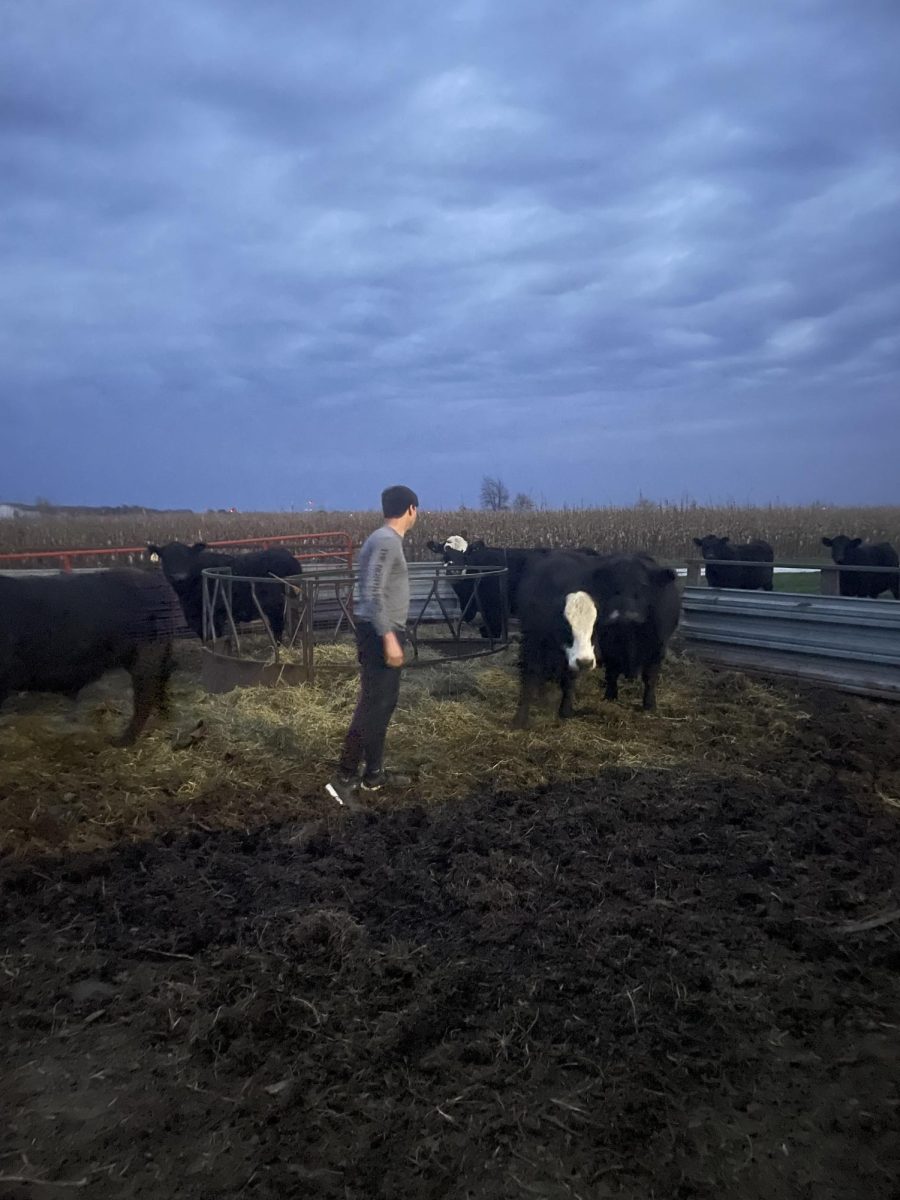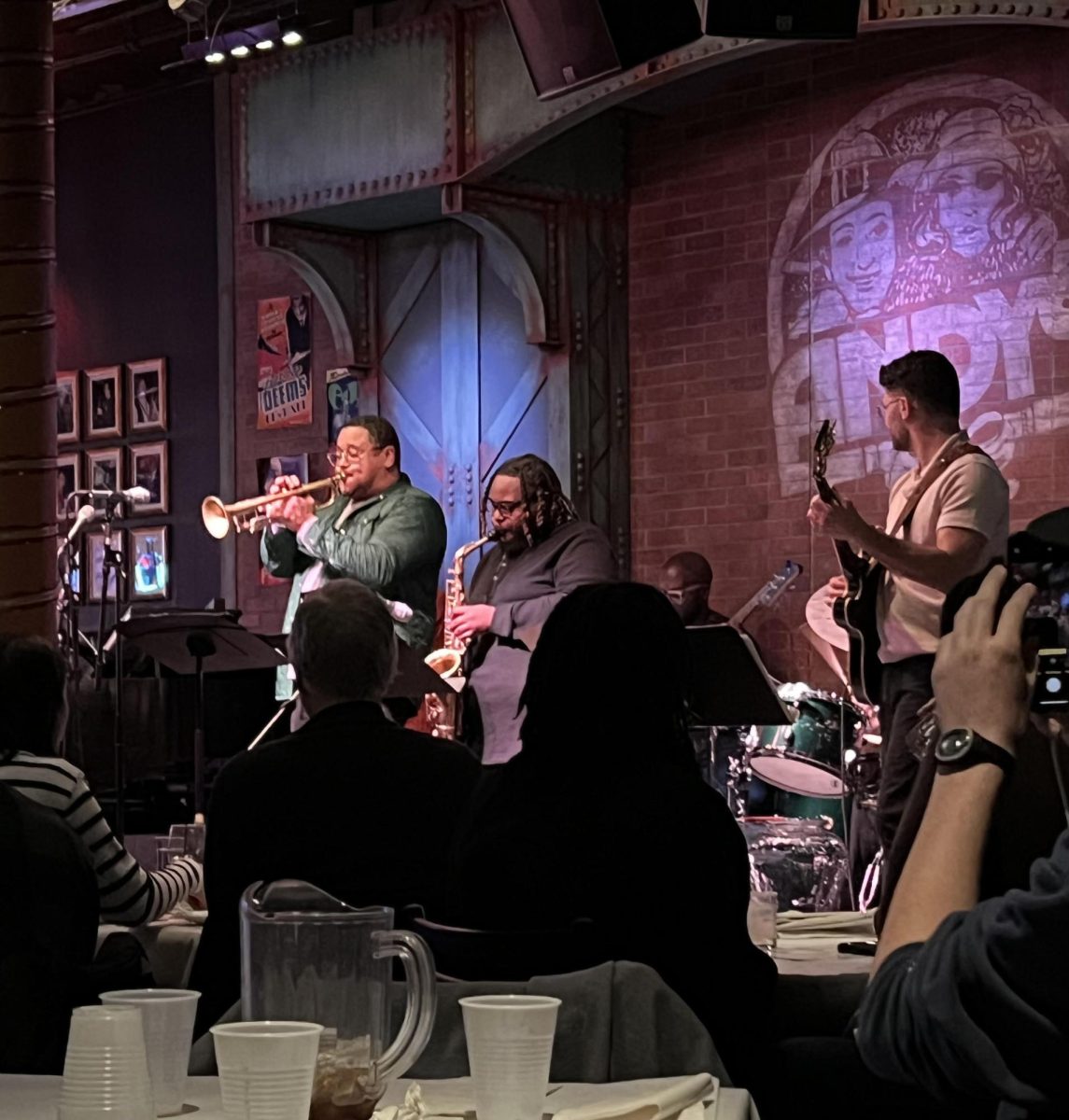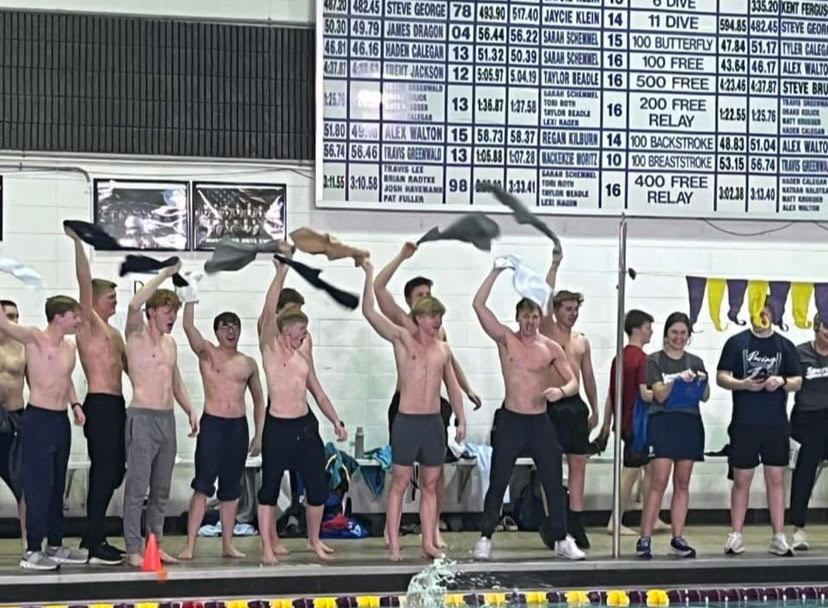Crop destruction has plagued agriculture over the past decade, and the state of Iowa attempts to eliminate one factor of it with a new law. While many farmers praise the law’s intentions, other people are concerned with its ethical implications.
Iowa House File 317, which passed in April, allows farmers outside of city limits to shoot, trap or ensnare animals in order to protect people or property. Farmers would need prior permission from a representative. However, the bill states that action against a nuisance animal can be taken if permission is impractical.
Animals seen as nuisances in the state of Iowa include raccoons, coyotes and opossums, but the bill lacks specifics on what constitutes a nuisance.
Senior Nathan Musal, who lives on a farm, believes he has an idea of why these animals are nuisances. “When an animal rummages through our crops, it destroys the overall value of the yield. Because of the damage they can do to one’s farm, I think it’s fair to view them as nuisances,” Musal explained.
Agriculture is one of the state’s most important social and economic factors, as Iowa’s crop production accounts for a substantial portion of the nation’s. Iowa is the leading producer of corn, soybeans, pork, and eggs in the United States. Any inconvenience to the crop production in Iowa would impose destructive effects on the agriculture of the U.S. as a whole.
Musal’s local farm in Bettendorf, Iowa, thrives off of their corn production. “We need a successful crop yield each season just to make a living. Our farm contributes a substantial amount of production to both Iowa and the U.S. If a raccoon vandalized our corn, it would be detrimental to our income and product,” he stated.
Farmers across Iowa are in the same metaphorical boat. Those who sell their crops at farmer’s markets rely on successful yield each season to maintain a stable livelihood. When a group of animals comes and destroys crops, it serves as a financial burden to that farmer.
Rutgers University conducted a study to examine how damaged crops contributed to financial losses. The results showed that the estimated amount of damage by deer and other wildlife totaled out to a whopping $1.4 million for the 27 surveyed farmers. Although deer are not animals considered a nuisance in Iowa, this study highlights the pernicious effects of crop destruction by animals, and how farmers’ profits are spoiled.
In the past, farmers that trapped animals without state permission were doing so illegally. With House File 317, farmers can protect their yields and successfully increase their production without the inconvenience of vermin. Legalizing the trapping and shooting of nuisance animals prevents farmers from getting into legal trouble for solely protecting their crops.
Conversely, there are some concerns with the ethical side of this bill, and its effects on the lives of certain animals.
Senior Sofie Mousing Hansen is an avid animal enthusiast. She believes there is a line between protecting crops and committing ethical wrongdoing. “The particular animal is not eating the crops to be annoying but simply because they desire sustenance. I do think it’s unethical to let the average farmer decide which and when he wants to kill an animal, but it also makes it difficult to protect one’s property without removing possible disturbances,” Hansen explained.
While the intentions of the bill are to promote agricultural prosperity by protecting crop yield, there are moral concerns at question. What is deemed the “correct” side truly depends on the values of the individual.
















David • Nov 7, 2023 at 4:30 am
Raccoons are very destructive animals a female coon decided to give birth to her litter on the back side of the engine of a combine that is also where the wiring harness for the monitor of the combine runs she and her litter did over 15,000 dollars of damage!!!
Steve • Nov 6, 2023 at 8:43 pm
I think deer should also be on the list. We have such a deer problem and no one will even address the problem